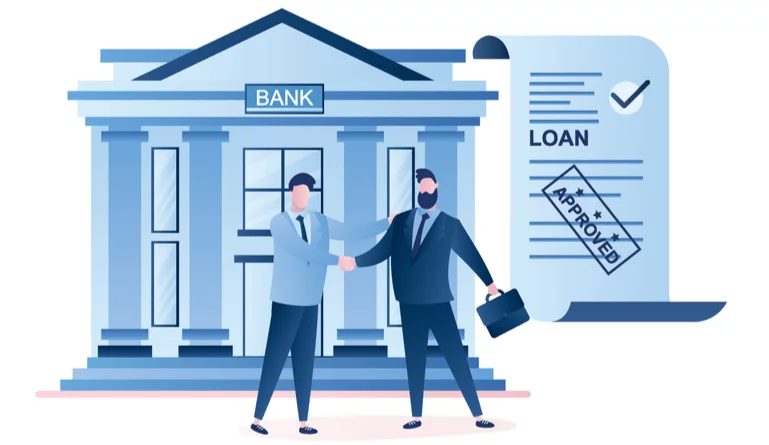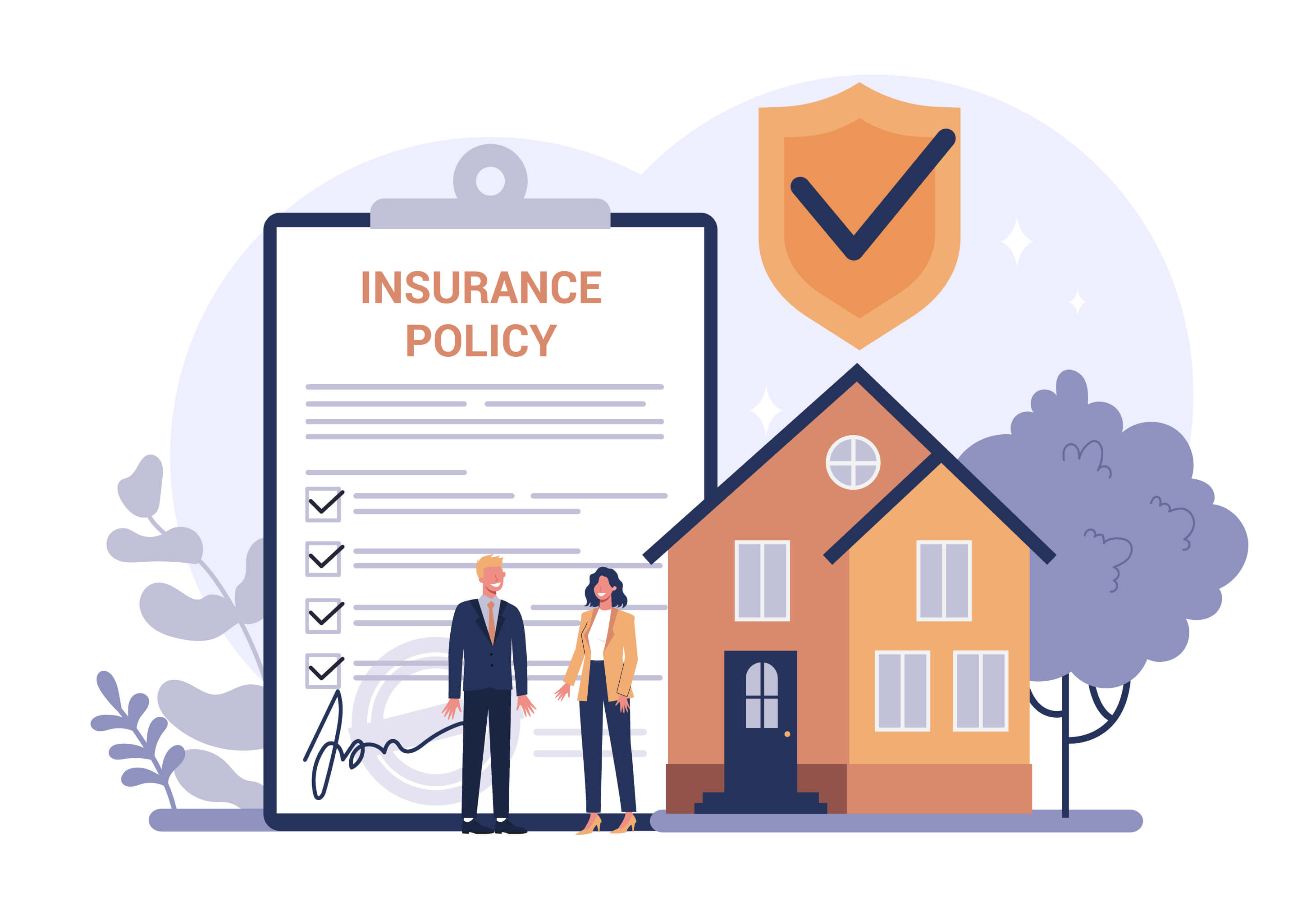10 Essential Steps to Verify an Online Business Loan Company’s Legitimacy
When your business needs financial support, finding a reliable loan company is crucial. An online business loan company provides financial assistance in the form of loans to businesses of all sizes.
These loans can come from various sources, such as banks, credit unions, or online lenders, and can be used for a range of business expenses like expansion, equipment purchases, or inventory restocking.
However, not all loan companies are created equal, and unfortunately, some can be less than trustworthy. To ensure you're working with a legitimate business loan company, there are several key steps you can take. In this guide, we’ll break down the process into clear sections so you can navigate the world of business loans confidently.
1. Understanding What an Online Business Loan Company Does

Before diving into the specifics of verifying legitimacy, it’s essential to understand the role of a business loan company. These companies provide capital to businesses, helping them grow, manage cash flow, or invest in new opportunities. They can be traditional institutions like banks or credit unions or more modern options like online lenders.
Types of Business Loans:
- Term Loans: Fixed amounts that are repaid over a set period.
- Lines of Credit: Flexible borrowing up to a certain limit.
- SBA Loans: Government-backed loans that are often easier to qualify for.
- Equipment Financing: Loans specifically for purchasing equipment.
2. Checking for Proper Licensing and Accreditation
One of the first steps in verifying a business loan company's legitimacy is ensuring they are properly licensed and accredited. Legitimate lenders will be registered with the appropriate state or federal regulatory authorities.
Steps to Verify Licensing:
- State Licensing Authorities: Each state has its licensing requirements for financial institutions. You can check with your state’s regulatory agency to confirm whether the lender is licensed to operate.
- National Accreditation: Look for certifications from reputable organizations like the National Association of Government Guaranteed Lenders (NAGGL) or the Small Business Administration (SBA). Accreditation from these bodies is a strong indicator of legitimacy.
3. Investigating Their Online Presence
In today’s digital age, a company’s online presence speaks volumes about its credibility. Legitimate business loan companies will have a professional, well-maintained website with clear contact information and a secure domain.
What to Look For:
- Domain Security: Check for "https://" in the URL, which indicates a secure website. This is crucial when sharing sensitive information.
- Professional Appearance: The website should be free of spelling or grammar errors. A poorly constructed site can be a red flag for a scam.
- Content History: Look for an established blog or resource center with regularly updated content. This shows the company is active and engaged with its audience.
4. Researching Lender Reviews and Customer Experiences
One of the best ways to gauge a lender’s legitimacy is by reading reviews from other business owners. Trusted review platforms like the Better Business Bureau (BBB), Trustpilot, Google Reviews, and Yelp can provide valuable insights into a company’s reputation.
Where to Look:
- BBB: The Better Business Bureau provides ratings and reviews based on customer complaints and resolutions. A high rating is a positive sign.
- Trustpilot & Yelp: These platforms feature reviews from real customers, giving you a glimpse into others’ experiences with the lender.
- Google Reviews: Often overlooked, Google Reviews can also provide a wealth of information about the lender’s track record.
5. Beware of Unsolicited Offers and Pressure Tactics
Legitimate business loan companies do not aggressively chase customers or use high-pressure sales tactics. Be wary of any lender that contacts you out of the blue with too-good-to-be-true offers.
Red Flags:
- Unsolicited Emails or Calls: If a company reaches out to you without any prior contact, proceed with caution.
- Pressure to Act Quickly: Scammers often push for immediate action to prevent you from doing your due diligence.
- Guaranteed Approval: Legitimate lenders will always assess your business’s financial health before offering a loan. Be skeptical of anyone promising guaranteed approval without checking your credit or financial documents.
6. Verifying Licensing with Authorities
If you have any doubts about a lender, it’s always a good idea to verify their legitimacy with the relevant authorities. This step can give you peace of mind before entering into any financial agreements.
How to Verify:
- Check with the State Attorney General: Your state’s Attorney General’s office can provide information on whether the lender is licensed and if any complaints have been filed against them.
- Federal Trade Commission (FTC): The FTC can also be a resource for checking if a company has been involved in fraudulent activities.
7. Recognizing Common Scams
Unfortunately, scams targeting business owners in need of funding are all too common. Being aware of the most prevalent scams can help you avoid falling victim.
Types of Scams:
- Fake Loan Offers: Scammers may pose as legitimate lenders, offering loans that never materialize after you’ve paid fees upfront.
- Posing as Well-Known Lenders: Some scammers use the names of established companies to gain your trust.
- Targeting Businesses with Credit Issues: Small businesses or startups with poor credit are often targeted by scammers offering "guaranteed" loans.
8. Identifying Red Flags
Certain warning signs can indicate that a loan company may not be legitimate. Being aware of these red flags can help protect you and your business.
Red Flags to Watch For:
- Upfront Fees: Legitimate lenders do not ask for payment before your loan is approved.
- Vague Terms and Conditions: If the lender is unwilling or unable to provide clear terms, it's a sign of trouble.
- Requesting Personal Information Too Early: Be cautious if a lender asks for sensitive information like your bank login credentials before you’ve agreed to anything.
9. What to Do If You’ve Been Scammed
If you suspect you’ve been scammed, it’s important to take immediate action to minimize the damage.
Steps to Take:
- Report to the FTC: File a complaint with the Federal Trade Commission to help prevent others from being scammed.
- Contact Your State Attorney General: Your state’s Attorney General’s office can assist with filing a complaint and pursuing legal action if necessary.
- Notify Your Bank: If you’ve provided any financial information, contact your bank immediately to stop payments or close accounts.
- Consider Legal Options: Depending on the severity of the scam, you may need to consult with a lawyer to recover lost funds.
10. Tips to Improve Your Chances of Getting Approved for a Legitimate Business Loan
While avoiding scams is crucial, you also want to position your business for success when applying for a legitimate loan. Here are some tips to boost your chances of approval:
- Have Solid Financial Documentation: Provide 2-3 years of tax returns, current profit/loss statements, and balance sheets to show a proven track record.
- Build Your Credit: Both personal and business credit scores play a role in loan approval. Manage debts responsibly to improve your credit standing.
- Lower Your Debt-to-Income Ratios: Paying down existing debts can free up monthly cash flow and make you a more attractive borrower.
- Contribute More Capital Yourself: The more capital or collateral you contribute, the less risky you appear to lenders.
- Provide a Detailed Business Plan: A well-structured business plan demonstrates your ability to generate revenue and repay the loan.
- Consider SBA Loans: Small Business Administration (SBA) loans are backed by the government, reducing the risk for lenders and increasing your chances of approval.
- Look into Online Lenders: They often have more flexible approval criteria than traditional banks.
- Work with a Business Funding Advisor: An advisor can guide you through the application process and help structure your request for the best approval odds.
- Be Prepared for Loan Interviews: Anticipate questions and have clear, concise responses ready.
- Choose a Lender that Specializes in Your Industry: Lenders familiar with your business type may be more likely to approve your loan.
Final Thoughts
Securing a business loan is a significant step in growing your business, and ensuring you’re working with a legitimate lender is crucial. By following these steps—checking for proper licensing, investigating online presence, researching reviews, and staying alert for red flags—you can confidently navigate the process and find a trustworthy loan company.
Remember, if something feels off, trust your instincts and take the time to verify before proceeding. With careful research and preparation, you’ll be well on your way to finding the financial support your business needs!
LATEST

Last updated: Sep 10, 2024

Last updated: Sep 10, 2024

Last updated: Sep 10, 2024

Last updated: Aug 19, 2024

Last updated: Aug 31, 2024

Last updated: Sep 10, 2024


